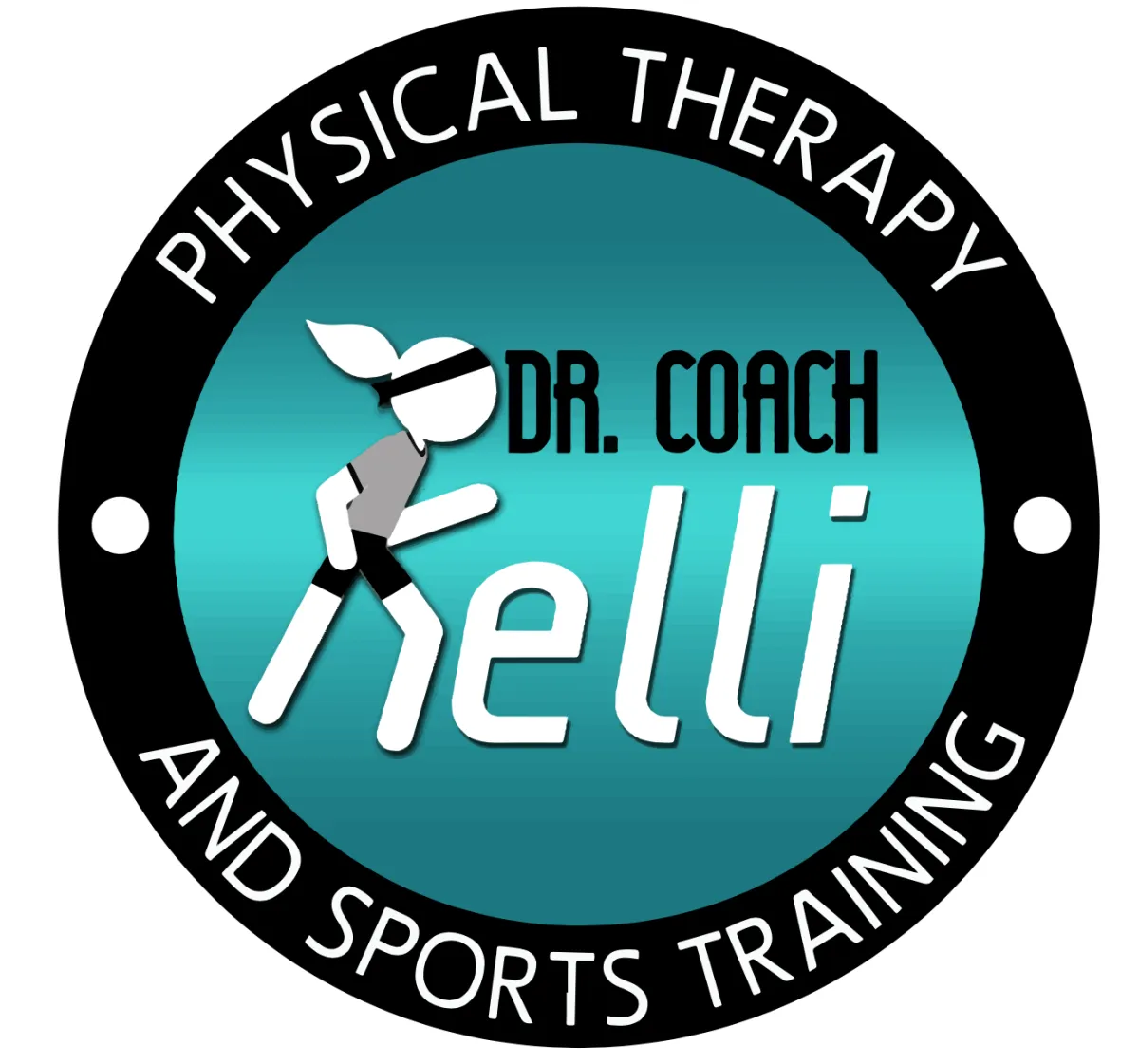185 Fairfield Ave. 1A West Caldwell, NJ 07006
call or text 973-791-8318
Dr. Kelli's Made To Move Blog

Injured? Why Staying Calm is Your Best First Step
Injured? Why Staying Calm is Your Best First Step
Today I want to talk about something I see all the time as a physical therapist: the panic and stress that come with sudden injuries. Recently, I came across a post in a pickleball Facebook group from someone about to undergo a lumbar fusion. They were asking how long it would take to get back to playing pickleball. This got me thinking about the fear and uncertainty that often accompany injuries—and how important it is to approach these situations with calm and clarity.
Surgery Isn’t Always the Answer
Let me start by saying that surgery has its place. I’ve seen it work wonders for people in the right situations. But jumping straight to surgery isn’t always necessary, and the fear of needing it can sometimes overshadow better first steps. A good example is a call I got from a close friend’s mom. She’s in her 60s, and out of nowhere, her knee started hurting. Her first question? “Am I going to need surgery?”
I didn’t have an answer for her right away. That question requires a lot more information. But her reaction—that immediate fear—reminded me how quickly our minds jump to worst-case scenarios when we’re in pain.
The Role of Stress in Pain
Here’s the thing: when we stress out about an injury, we actually make things worse. Stress hormones spike, inflammation increases, and the pain cycle ramps up. It’s a vicious loop. I’ve had injuries myself, and I’m lucky my background in physical therapy helps me stay calm. But for many people, fear takes over, leading to late-night Googling or ChatGPT queries, followed by frantic calls to a provider like me.
When an injury comes out of nowhere—no fall, no accident, just sudden pain—the best thing you can do is get calm and stay that way. Panic doesn’t help your recovery. In fact, it can amplify your symptoms.
Start with Calm, Then Seek Good Information
If you’re dealing with a new, unexplained injury, here’s my advice:
Calm Down: Unless there’s visible, serious damage (like spewing blood or a limb hanging by a thread), the situation might not be as dire as it feels. Pain doesn’t always mean tissue damage—it’s a complex combination of chemical and neurological factors.
Evaluate: Look at the area. Is it functional? Is it swelling or bruising? Often, what seems catastrophic isn’t.
Get Trusted Advice: Seek guidance from a healthcare provider whose philosophy aligns with yours. Avoid relying solely on internet forums or doom-and-gloom stories online—they tend to amplify fear rather than provide solutions.
For the person in the pickleball group facing a lumbar fusion, their best first step is calming their mind and finding trusted support. Sharing experiences can be helpful, but only when those stories offer encouragement and practical advice, not just fear.
Wrapping Up
If there’s one thing I want to leave you with, it’s this: when you’re hurt, staying calm is the best starting point. Stress will only make the pain worse, and rushing to conclusions—like assuming you need surgery—can lead to unnecessary worry. Once you’ve settled your nerves, find a trusted provider to guide you with accurate and complete information.
Thank you for spending your time and attention with me today. Remember: keep moving, stay optimistic, and trust your body’s ability to heal.
Keep Moving,
Dr. Kelli
185 Fairfield Ave. 1A West Caldwell, NJ 07006
Phone : 973 - 791 - 8318
Fax: 866 - 300 - 8169
Clinic Hours:
Monday : 8am-1pm
Tuesday : 8am-1pm & 3-5pm
Wednesday : Closed
Thursday : 8am-1pm
Friday : 8am-1pm
Saturday by Appointment Only

